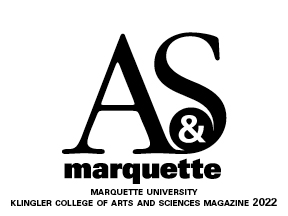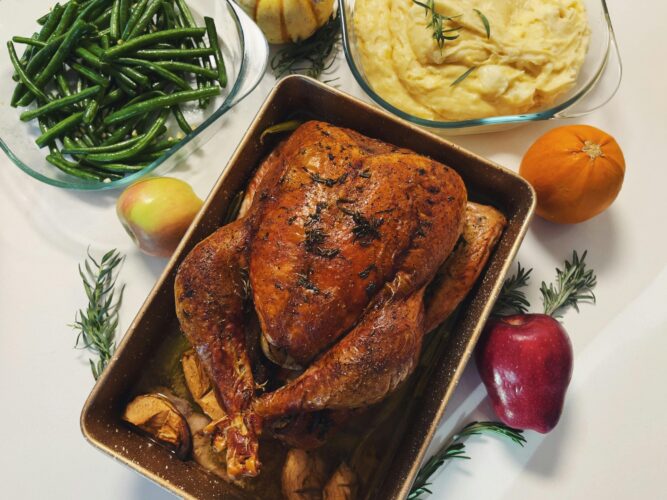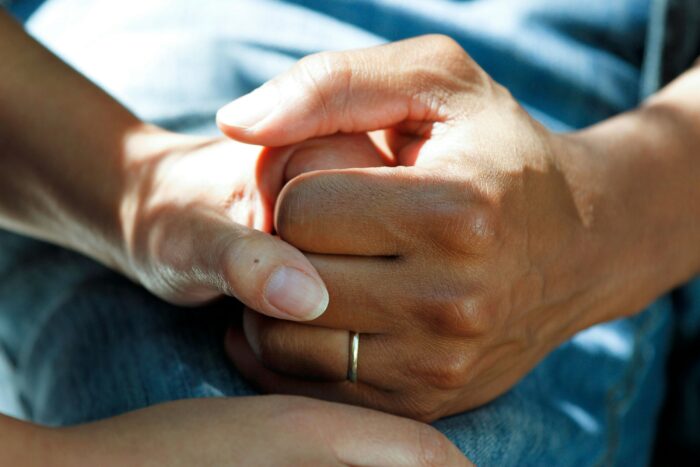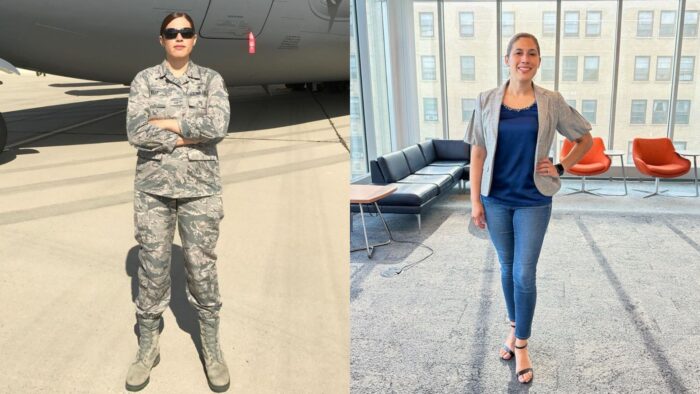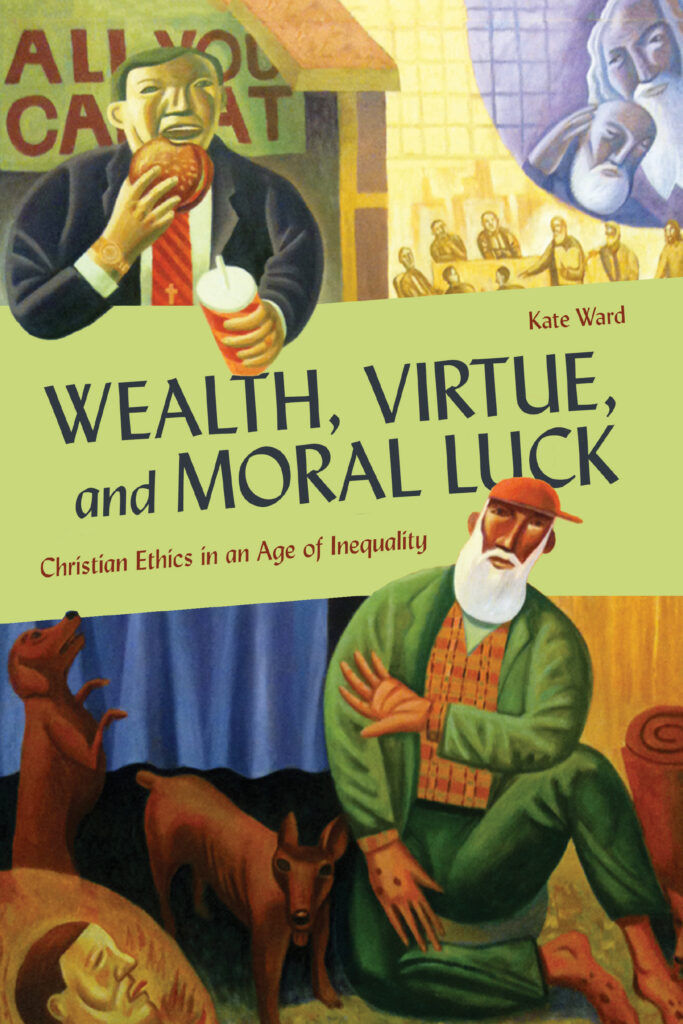
Dr. Kate Ward’s new book explores how inequality challenges people’s moral development.
The Christian tradition has a lot to say about wealth and poverty. But for people who are neither struggling to make ends meet nor flying private spaceships to Mars, it can be surprisingly easy to underestimate how wealth affects them.
“Most people have a sense that inequality is wrong in some way. But the aspect of how it affects us personally is not one, I think, people think about a lot,” explains Dr. Kate Ward, assistant professor of theology. In her new book, Wealth, Virtue, and Moral Luck: Christian Ethics in an Age of Inequality, Ward examines how material privilege affects personal virtue — the moral qualities people develop that help them live well — by shaping the opportunities and choices that are presented to them.
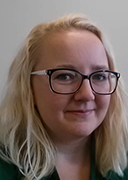
Because our society is largely segregated by income, the physical separation of wealthy people from those experiencing poverty can lead to what Ward calls hyper-agency, or people having power over others and taking that power for granted. A simple example of this, Ward says, is the use of Instacart and other shopping services during the pandemic. To most users of these services, they were a way to maintain social distancing and reduce exposure to the virus. But what about the people doing the shopping?
“Inequality is what makes it possible for me to use Instacart and command someone to go risk their life for me,” Ward says. “What does that do to me as a person when I have this kind of power over another human being? That’s not good for my virtue.”
An expert in theological ethics, Ward explores the intersections of Catholic tradition, Christian teachings and modern economics throughout her scholarship. Her next project will examine work and how it fits into a meaningful life.
